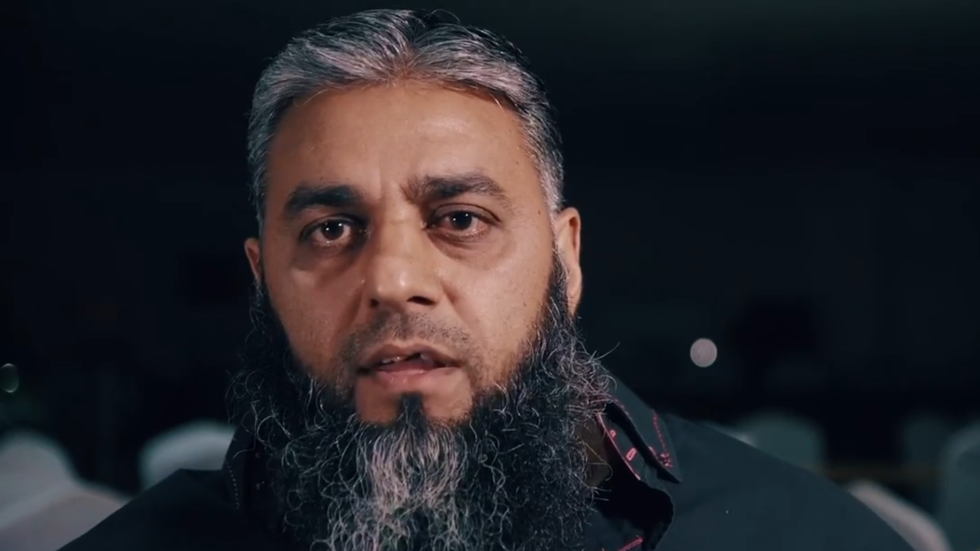Israel released Mohammed Abu Selmia, the director of Gaza’s main hospital, on Monday, seven months after his arrest during a military raid on the facility. The raid was based on allegations that Shifa Hospital was being used as a Hamas command center.
Abu Selmia’s release without charge or trial has cast further doubt on Israel’s claims regarding the hospital, which has been raided twice since the onset of Israel’s nearly nine-month conflict with Hamas.
Upon his release, Abu Selmia alleged that he and other prisoners were tortured and held under harsh conditions. He claimed guards broke his finger and caused head injuries, using batons and dogs during beatings. He also accused medical staff at various detention facilities of participating in the abuse, leading to severe medical neglect, including amputations due to poor care.
“We left behind many detainees, tens of thousands who have been mistreated, physically and psychologically tortured in ways no Palestinian prisoner had faced since the 1948 Nakba,” Abu Selmia said.
Israeli officials did not immediately respond to requests for comments regarding Abu Selmia’s release or his allegations of mistreatment. Prison authorities have previously denied accusations of detainee abuse.
Two far-right Israeli ministers condemned Abu Selmia’s release, claiming it was done without their consent.
Israeli forces initially raided Shifa Hospital in November, alleging it housed a Hamas command center. Despite discovering a tunnel and some evidence of militant presence, it did not substantiate the initial claims fully. Abu Selmia was detained on November 22 while facilitating a U.N.-led patient evacuation from the hospital.
Abu Selmia described his detention as “politically motivated” and highlighted that he was brought to court multiple times without charges or access to legal representation.
Israel has conducted several other raids on Gaza hospitals under similar allegations, significantly disrupting their operations amidst ongoing conflict. The raids forced hospitals to shut down or reduce services, exacerbating the humanitarian crisis as tens of thousands are wounded or sickened by the war’s harsh conditions.
Israel’s offensive began after Hamas’ October 7 attack, which resulted in approximately 1,200 civilian deaths and 250 hostages taken by Palestinian militants. Israeli ground offensives and bombardments have since killed over 37,800 people in Gaza, according to the territory’s Health Ministry.
The conflict has displaced most of Gaza’s 2.3 million residents multiple times, with ongoing fighting and restrictions hindering humanitarian aid delivery, leading to widespread hunger and fears of famine.



